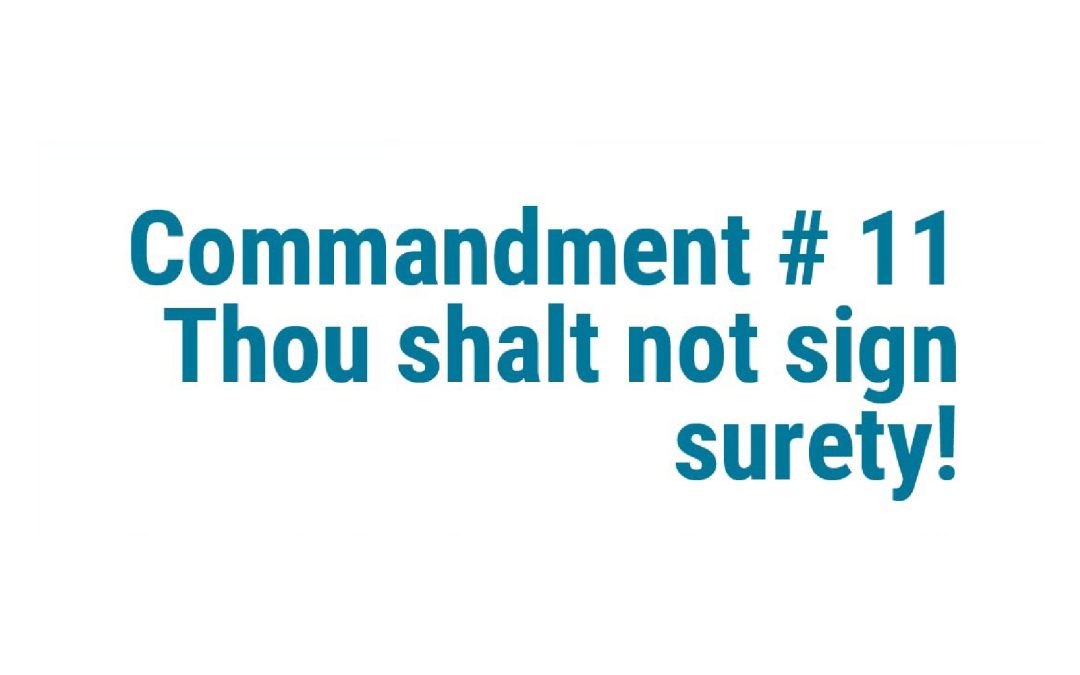
Commandment #11 Thou shalt not sign surety!
If your business/company utilises suretyship agreements, you must ensure that the suretyship agreement complies with all the legal requirements as set out in the General Law Amendment Act 50 of 1956 (“the Act”)
For example – one of the requirements of a valid suretyship agreement is that the deed of surety must explicitly set out the identity of the creditor and the surety, as well as the principle debtor. One cannot simply state that “the surety agrees to bind himself/herself to the company for all debts/fees owing”.
If one of the requirements aree not met, this could be detrimental to your case should litigation ensure. Tjis is due to the fact that non-compliance with the Act will undoubtedly be raised as a valid legal defence pursuant to which the surety will escape liability.
Make sure that you and your company are legally protected. Feel free to contact us for further information.

